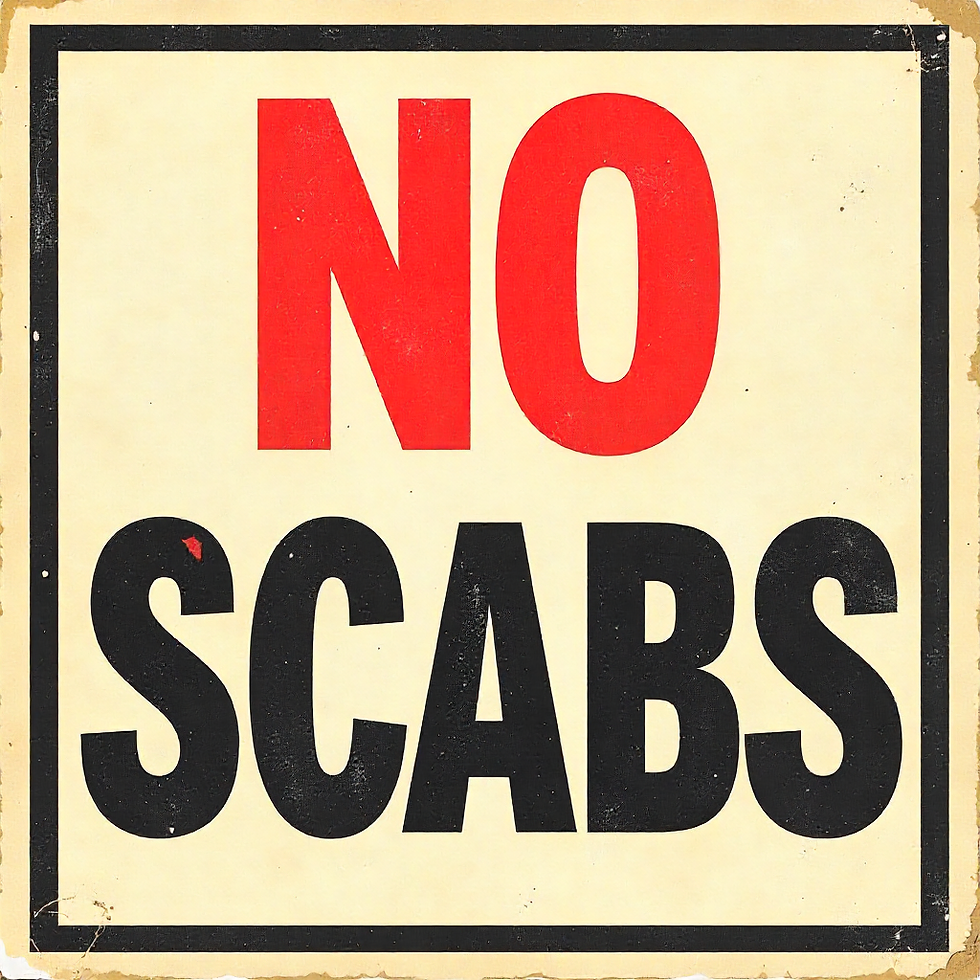British Columbia Leads the Way in Gig Worker Rights
- lelsutoronto
- Jan 17, 2025
- 3 min read

With the advent of technology and innovation came the gig economy. And in today’s economy, gig work is everywhere. It is now common to spot delivery workers for DoorDash or SkipTheDishes navigating the streets of Downtown Toronto. Meanwhile, ride-share services like Uber and Lyft have become so common that their names are now embedded in our vocabulary: after all, most people don’t “taxi,” but “uber” home. According to Statistics Canada, approximately 250,000 Canadians engaged in gig work via digital app-based platforms in 2022, with the most common type of work being delivery and ride-share.
Yet, despite their growing presence within the Canadian workforce, gig workers have generally been deprived of labour protections. Typically, classified as independent contractors instead of employees, gig work is precarious; these so-called contractors are subject to meagre pay, unpredictable hours, job insecurity, and poor working conditions.
In recent years, gig workers on digital platforms have challenged this norm. Workers have routinely demanded increased income and job security, as well as transparency surrounding work assignments and terms of service. In fact, in February of 2020, Foodora couriers took the issue to the Ontario Labour Relations Board, which ruled that the workers are eligible to unionize as their work is more alike to the work of employees than independent contractors. Unfortunately, this unionization never occurred; Foodora withdrew its business from Canada in May 2020.
Most gig work is under provincial jurisdiction, and on September 3, 2024, British Columbia became the first Canadian province to enact a set of gig worker regulations. App-based delivery workers and ride-share drivers in the province are now eligible for basic labour protection such as a minimum wage, workers’ compensation, and provisions on suspensions and terminations.
More specifically, these workers are now entitled to a minimum wage of $20.88 per hour, which is 20% higher than the general provincial minimum wage of $17.40. This rate is applied to their engaged time – from acceptance of an assignment to completion. British Columbia also established a compensation standard for vehicle expenses incurred during engaged time. Additionally, workers are now covered by WorkSafeBC and have access to workers’ compensation benefits. As a final note, platforms may no longer suspend or deactivate workers’ accounts without written notice. These key provisions, achieved by amendments to the Employment Standards Act and Workers Compensation Act, ensure that digital platform workers in British Columbia are protected from exploitive labour practices.
Ontario is set to introduce similar gig work regulations in 2025. The Digital Platform Workers’ Rights Act, 2022, which comes into force on July 1, 2025, establishes minimum wage for workers performing digital platform work (e.g. delivery and ride-share) and guarantees protections against unjust withholdings and suspensions. Other provinces and territories have yet to enact gig worker legislation; however, there is an increasing demand for protection of gig workers across Canada. In Alberta, Uber drivers filed a class-action lawsuit, asserting that the corporation has misclassified workers and therefore deprived them of labour protections under employment standards legislation. In Manitoba, a former SkipTheDishes driver filed a lawsuit in 2018 to argue that the company misclassified workers as independent contractors to avoid labour provisions. This case returned to the Court of King’s Bench of Manitoba this August after the Supreme Court of Canada refused to hear an appeal by SkipTheDishes.
In sum, developments are in motion for gig workers across much of Canada. App-based work is increasingly being recognized as a type of work akin to traditional employment. Whether legislative enactments will lead to further improvements in workers’ rights, have concerning economic consequences, or both, is the main point of contention concerning the future of gig work. Who will bear the costs associated with these new developments? A minimum wage for gig workers may lead to a business decision to increase the service fees, imposing the financial burden on the final consumers. How will this impact the gig economy? It may take another series of legislative enactments before gig workers make a comfortable wage without compromising their labour rights.
-YK




Comments